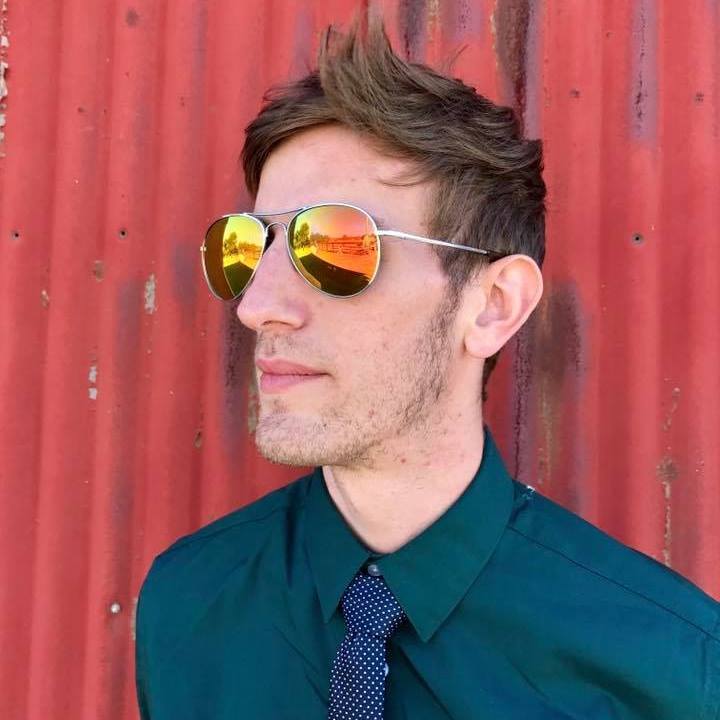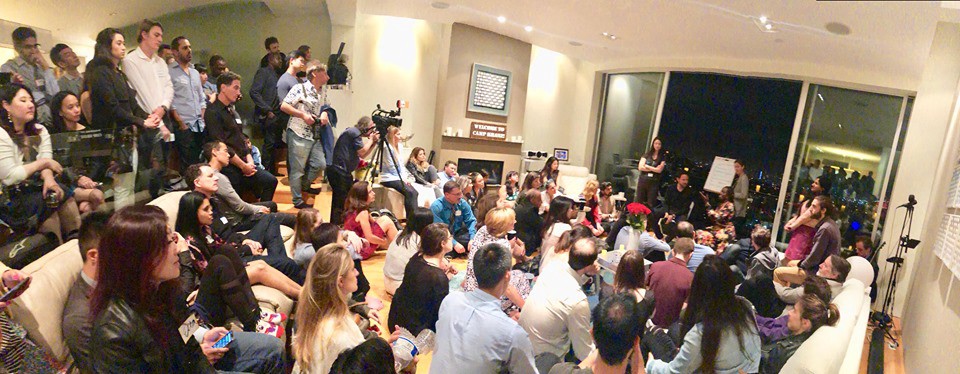There is still a huge stigma surrounding mental health. Most people won’t volunteer to share and won’t seek out help. And even when we do, it’s been treated as taboo — too uncomfortable and unusual for daytime conversation.
This system is failing us. While some stumble through their own challenges by seeking out help, countless others are struggling to keep their heads above water. Our local communities aren’t equipped to properly address and treat the mental health of the people who need it most.
We need to change our health systems to better provide for those who are suffering. We need to find ways to improve the communities around us to support the people in need. And we need to bring in innovation, so we can stop more of these tragedies from happening.
At the Mental Health Innovation Gathering, Jeremy Kranz and Chan Chuan Chen invited a group of entrepreneurs, researchers, and investors to join together for a discussion about how to improve our failing mental health systems by developing new methods for treating mental health and building supportive communities.
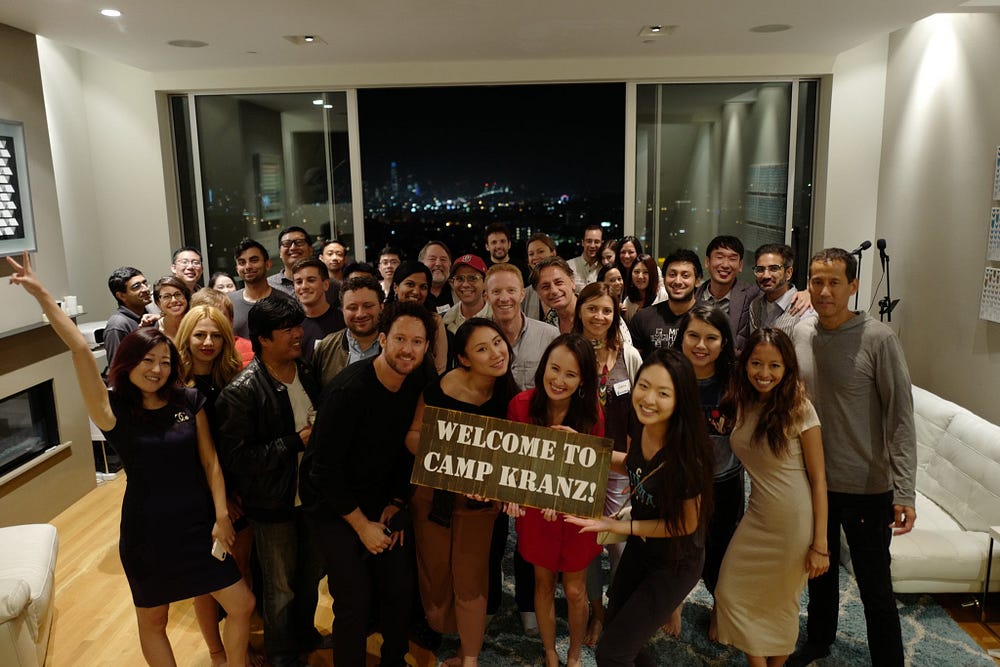
“The greatest source of human suffering is mental health. When I think about its nondiscriminatory nature, no matter how wealthy or intelligent you are, it seems to touch everybody. And the system is failing the people we love.”
Jeremy Kranz, Executive Board Member at the Treatment Advocacy Center
Kranz spoke briefly about his work with the Treatment Advocacy Center (TAC), a national nonprofit organization for treating serious mental health issues. TAC works together local courts and mental health providers to provide assisted outpatient treatments for people who meet certain criteria, including those with a history of repeated hospitalizations or arrests.
Other presentations included Brainmind.org, Brainstorm: the Stanford Lab for Mental Health Innovation, the Transformational Tech Conference, and the Tupac Shakur Foundation.
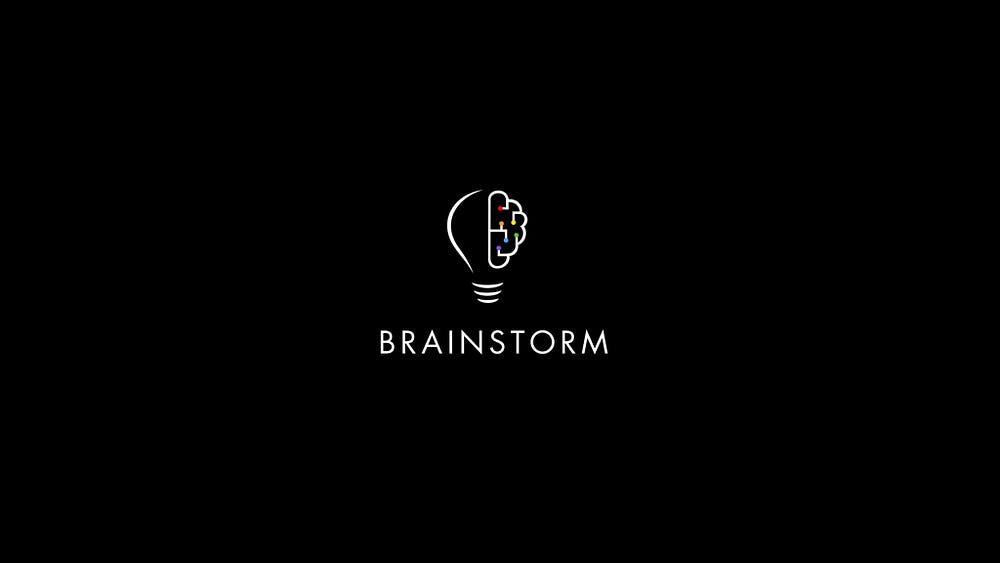
“Mental health is the greatest thief of human potential today.”
Nina Vasan, Founder of Brainstorm: Stanford Lab for Mental Health Innovation
Nina Vasan, a practicing psychiatrist at Stanford, begun by highlighting how mental health holds many people back from reaching their full potential, and how the community needs to elevate each other and help them when they’re struggling with “test anxiety or a breakup, or paranoid schizophrenia and homelessness.” Vasan believes that everyone deserves to have more support and a sense of hope that their suffering will end.
At Brainstorm: Stanford’s Lab for Mental Health Innovation, Vasan promotes entrepreneurship and innovation academic organization focused on mental health innovation. One of Brainstorm’s mottos is to“meet people where they are” which refers to their understanding that people aren’t coming to a psychiatrist’s office for help.
They recently launched the Stanford Mental Health Innovation Network to connect people working on solutions and find a shared language around the issue of mental health.
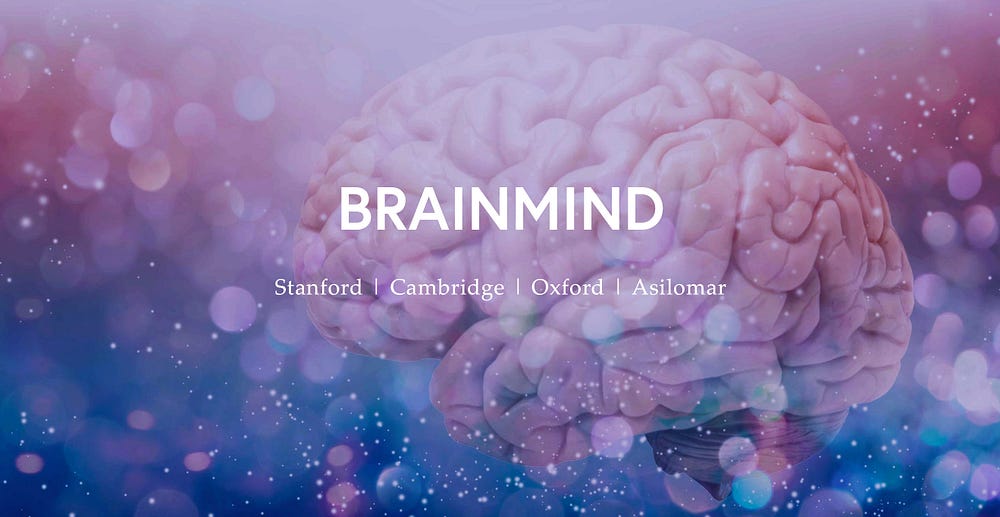
“Sometimes the biggest dislocations in society are hiding in plain sight.”
Michael McCullough, Founder of BrainMind
Michael McCullough, an emergency room professor at UCSF, Founder of BrainMind, and EIR at Greylock, discussed the need for using innovations inside the labs, “We know more about nutrition today than we’ve ever known, yet we have more obesity than we’ve ever had. We know more about diabetes, yet we now have more [people with] diabetes than we’ve ever had.”
The challenge that McCullough had came from a disconnect between the academia and the tech sectors. Professors receive no incentives for their tenure when they pursue a tech transfer, and venture capitalists don’t receive strong financial returns from working with academic institutions. This challenge has caused health science innovations to fall into “the valley of death” where innovative research wasn’t reaching the communities that needed it.
McCullough has been working with MIT, Stanford, and Greylock Partners to bridge this divide. He created BrainMind as an ecosystem for scientists, philanthropists, academic institutions, and entrepreneurs to work together towards innovation by creating a collaborative roadmap for the future. BrainMind allows for-profit organizations can look through and give them the support they need to make their ideas into a reality.
For example, creating equipment for an academic lab is, by nature, too small of a market to attract outside investments. But by placing these ideas into the roadmap, others can work to develop a strategy to sell the equipment on a larger scale.
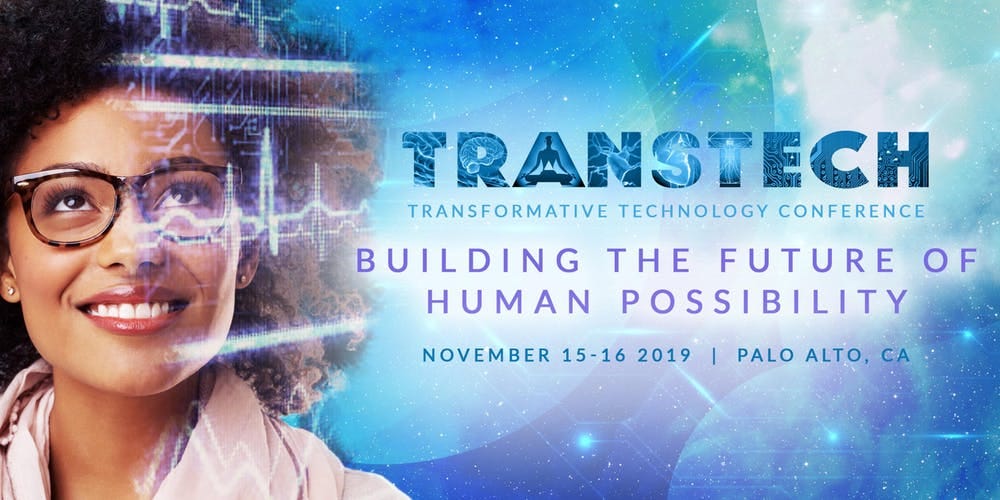
David Leibsohn introduced the group to the Transformative Technology Community — including the Transformative Tech Lab, Academy, and Conference. The Trans-Tech Community brings together people who are interested in creating technology around human transformation.
Leibsohn presented the Trans-Tech Conference as a place for investors and researchers to come together and get involved. Leibsohn himself has been working in human transformation for the past fifteen years after his own personal crisis period sent him on a journey towards change.
The Transformative Technology Lab also holds private, invite-only workshops to connect investors with established entrepreneurs and product leaders in the space to develop companies and technologies around mental and emotional wellbeing.
Sekyiwa Shakur — Tupac Shakur Foundation
“We have all experienced personal trauma. It was unique before — I was a homeless kid…lost somebody to gun violence…mother was on drugs — but now, everyone has experienced trauma. And most of the world doesn’t have a place to process that trauma.”
Sekyiwa Shakur, Tupac Shakur Foundation
The final speaker of the night was Sekyiwa “Set” Shakur, the newest president of the Tupac Shakur Foundation and young sister of Tupac Amaru Shakur. The family-run foundation was created in 1997 to honor his life by using creative arts to express social awareness.
Sekyiwa and her siblings spent most of their childhood dealing with homelessness and drug addiction. She lost two of her brothers to violent crimes by the time she was 21 and had a child while she was still in her teens. But through her parents legacy as human rights activists, as well as the platform passed on by her late brother, she hopes to rekindle the Shakur Foundation to address change.
Sekyiwa has targeted the Shakur Foundation at addressing complex PTSD as well as bipolar disorder, depression, and other mood disorders that are common with survivors of violent crime all over the world. The Foundation is providing a safe space for community leaders to heal while dealing with trauma.

“One in five Americans experience mental illness, and loneliness is increasing. It’s important for us to build a stronger support system. So I encourage all of you to connect and learn from each other.”
Chan Chuan Chen, AI Venture Amalgamators

